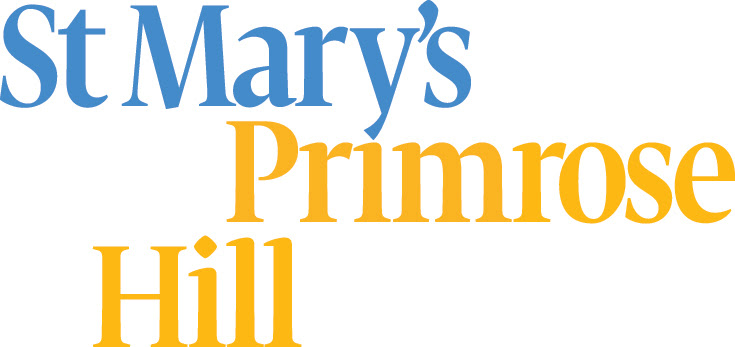19.8.18 - SERMON FOR THE THIRTEENTH SUNDAY AFTER PENTECOST - Bread of life
X May I speak in the name of our living God - Father, Son and Holy Spirit.
“Do not get drunk with wine, for that is debauchery; but be filled with the Spirit.” You can imagine what tub-thumping, finger-pointing fun some preachers might have with that one, especially in the days when alcohol was the only mood-changing drug easily available. In a beer-producing church, I’m obviously not going to charge us all with debauchery. You’ll also remember that on Pentecost, those who were filled with the Spirit looked as though they were drunk with new wine. Talking too much, abusing your host and falling over are probably not the work of the Spirit, but the comparison can be useful. When we are filled with the Spirit, it can feel like those times when a moderate amount of alcohol both relaxes and stimulates us: we feel burstingly alive, we feel full of generosity, we want to share this immense well-being.
The picture of Wisdom setting up a great feast to attract those who lack understanding is one I love. At the first school I worked in, a new headteacher helped us turn dowdy old classrooms into attractive learning spaces. It involved a lot of draping, which, alas, some of us mocked: “Political scandal? - Drape it!” We all had to do this apparent window-dressing before the children turned up on the first day of the year. I can still remember the moment I stopped thinking this was a time-swallowing gimmick: my new seven-year-olds scampered into the room with oohs and ahs and one boy even cried, “This is good!” I’d never started a new year with that kind of enthusiasm from the children. My headteacher had helped me to be inspirational - lesson learned.
As a teacher and as a believer, I know that “This is good!” feeling, the burstingly-alive, creative feeling which marks moments of inspiration, doesn’t come all the time. With none at all, the humdrum becomes boring, repetitive tasks a prison - and as for anything scary, that grows to monster proportions. But just a little inspiration goes a long way.
As a headteacher in a difficult school where, to begin with, very little went right, I was often to be seen saying “Yess!” - when a child brought good work for me to praise, when I’d set up a meeting; sometimes when all I’d done was finish a letter. I needed those small inspirations to keep me going, so I made the most of them - as Paul says, because the times were evil. Sometimes Wisdom’s feast feels more like a dry sandwich: without the attitude of “Yes!” to the small things, I would have gone under.
That feast reminds me also of the banquet in Matthew 22 where the host cannot get people to come. In one sense, God’s banquet is all around us - the inspiration is right there to be enjoyed - but we do have to turn up. Our part is to hear the invitation and keep suitably prepared for God’s bounty. And, in evil times, to make the most of what good there is.
Sometimes we need a shock to remember to do this. Jesus administers just such a shock in today’s gospel. The suggestion that anyone needed to eat human flesh in order to have eternal life was an abhorrent sin to his Jewish audience. Many of his followers left him because they thought he’d gone too far, was just another of those mad preachers and not the Messiah after all. It is still shocking, even though we have had the image explained time and again. In John’s gospel, this scene replaces the words over the bread and wine at the Last Supper, as described in the other gospels. John has Jesus wash the disciples’ feet instead, a symbol of the dedication of his life to them in love. The Eucharist is important, but for John the difficulties and joys of service are also the place where we meet Christ.
We have here another example of John using the word “abide”. In the earlier passage about the vine and the branches, Jesus underlines our dependence on him. Here, Jesus’ flesh and blood feed and support us - both are strong physical images. And part of our abiding is that we use the shock of a cannibalistic image, of a ritual sacrifice image, to stir us from any complacency about our relationship with God, while at the same time resting in hope and in his love. He provides the strong trunk, we have to keep connected as branches. He provides the feast, but we have to turn up. He provides the shock, we have to wake up. He provides the music, we have to tune in.
It is down to the generosity of God that we have a melody in our hearts, as the writer of Ephesians says, which can offer him thanks at all times and for everything. The reason why wine ceases to be a good image after a while is that wine is a thing through which we induce mood change. We then think we need it to get that change - and both can become ends in themselves. The Spirit makes us sing without our forcing it. If we practise tuning in, then we can feel some of that music at all times and in all places. We begin to see that the bread of life is offered not just at feast times - the Eucharist - but elsewhere too. And the point becomes, not feeling good or needing a prop - in fact not ourselves at all - but the praise of our living God.
Amen.
